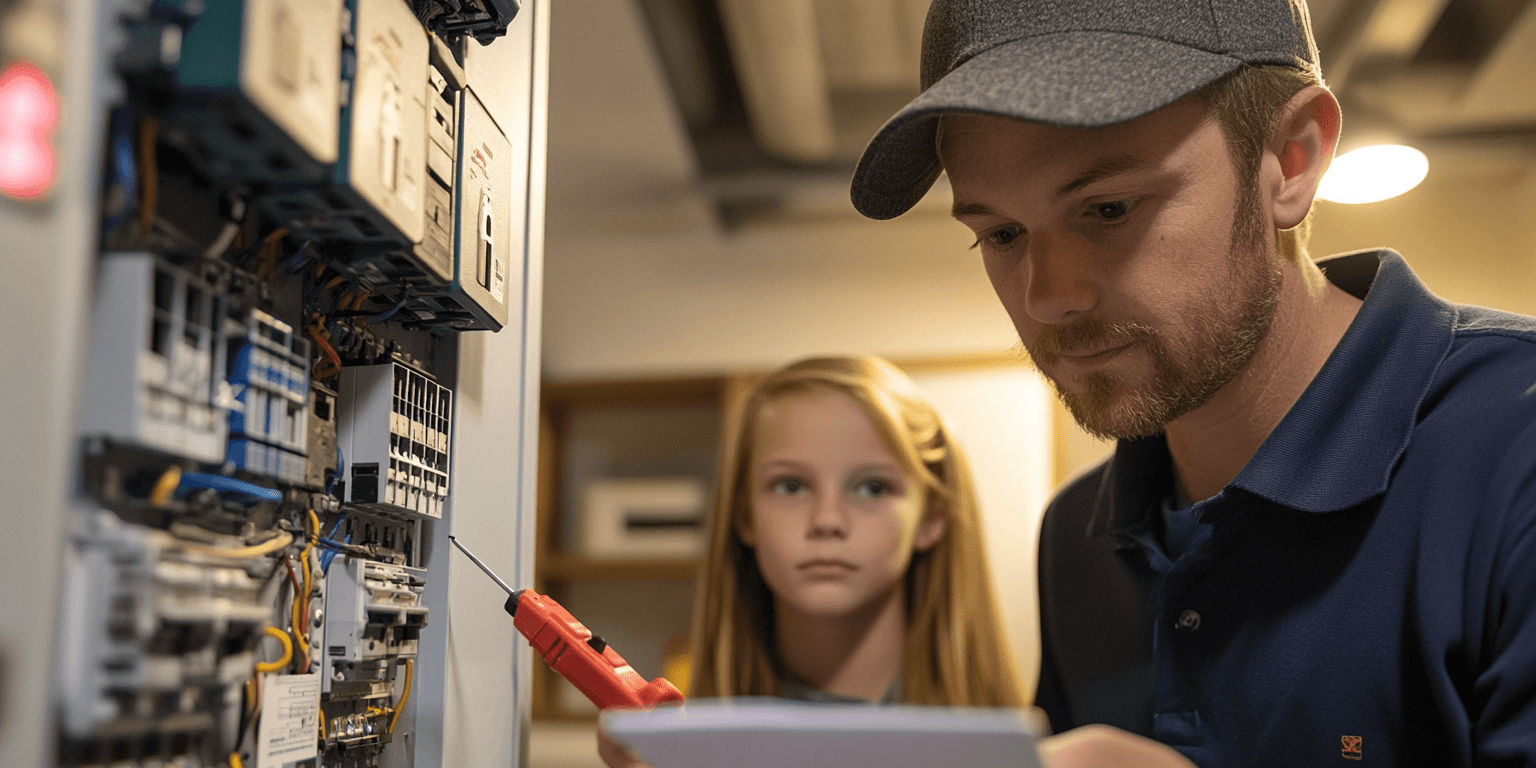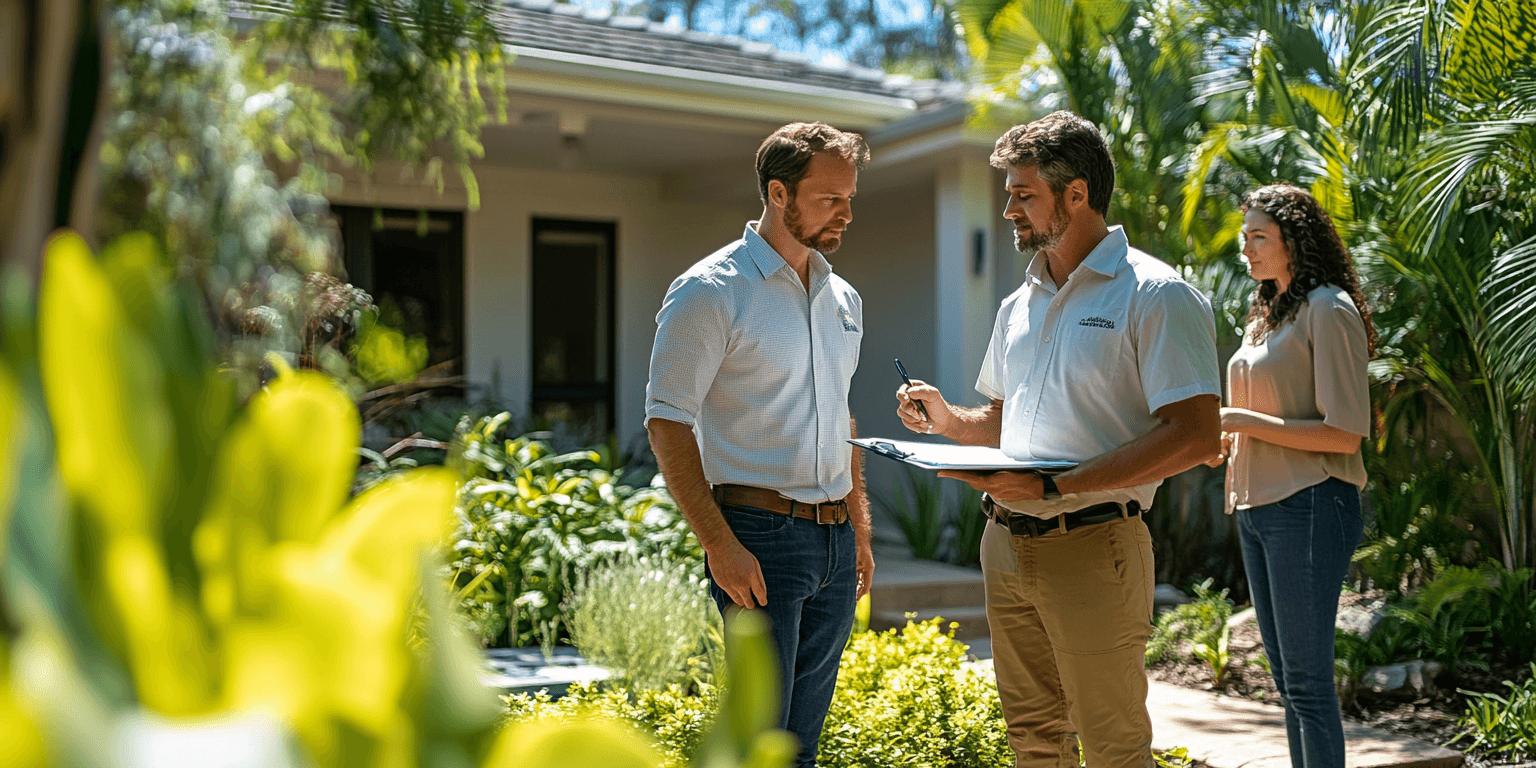Buying your first home is an exciting milestone, but it can also feel overwhelming—especially when it comes to the home inspection. For first-time homebuyers, understanding what a home inspection entails and how to prepare for it can ease the process and give you confidence in your investment. A home inspection is a crucial step that helps ensure you’re making a sound decision, as it reveals potential issues with the property before you commit to the purchase.
At 1st Choice Inspection Services TREC#9175, we guide first-time buyers through the inspection process with clear explanations and detailed reports. Here’s what you need to know as a first-time homebuyer about home inspections, what to expect, and how to prepare.

As a first-time buyer, you may be tempted to skip the home inspection to speed up the purchase process or save a little money. However, skipping this crucial step can lead to expensive surprises later on. Here’s why a home inspection is essential:
Even if the home looks perfect on the surface, there could be hidden issues that aren’t immediately visible. A home inspection helps uncover problems such as:
An inspection helps you understand the true condition of the property and avoid unexpected repair costs after you move in.
For most first-time buyers, purchasing a home is the biggest investment they’ll make. A home inspection provides peace of mind by ensuring you’re investing in a property that’s safe and structurally sound. It also gives you the opportunity to negotiate with the seller if significant issues are uncovered during the inspection.
A home inspection doesn’t just identify current problems—it also gives you a clear picture of what to expect in terms of future maintenance. Knowing the age and condition of major systems like the HVAC, plumbing, and roof can help you plan for future repairs and upkeep.

A home inspection is a thorough evaluation of the property’s condition, covering all major systems and components. As a first-time buyer, it’s helpful to know what’s included in the inspection so you can prepare and understand the findings.
Here’s what to expect during the inspection:
The inspector will evaluate the roof for signs of damage, including missing or damaged shingles, leaks, and poor flashing. They will also check the attic for proper insulation, ventilation, and any signs of water intrusion or mold.
The foundation, walls, and overall structure of the home will be assessed for cracks, settling, or signs of shifting. The inspector will look for uneven floors or walls, which could indicate structural issues.
The electrical system will be checked to ensure it’s safe and up to code. This includes examining the electrical panel, outlets, switches, and wiring for any issues like faulty connections or outdated components. GFCI outlets (which protect against electrical shock) will be checked in areas like bathrooms and kitchens.
The inspector will test the water pressure and check for leaks in pipes, faucets, and toilets. The condition of water heaters, drainage systems, and other plumbing fixtures will be evaluated to ensure there are no major issues.
The heating, ventilation, and air conditioning (HVAC) system will be inspected for functionality and efficiency. The inspector will check for adequate airflow, test the thermostat, and assess the overall condition of the system.
Windows, doors, flooring, and walls will be inspected for damage, wear, or leaks. On the exterior, the inspector will check the condition of siding, gutters, downspouts, and the overall drainage around the foundation to ensure water is properly directed away from the home.
As a first-time homebuyer, it’s important to be prepared for the inspection process. Here are some tips to help you get the most out of your home inspection:
While you don’t have to be present during the inspection, it’s highly recommended that you attend, especially as a first-time buyer. Being on-site allows you to see the inspector’s findings firsthand and ask questions as they arise. This helps you better understand the condition of the home and gives you a chance to discuss any concerns with the inspector.
During the inspection, bring a notepad or your phone to take notes. Ask the inspector questions about anything you don’t understand. A good inspector will explain their findings in simple terms, helping you make sense of any issues that are discovered.
After the inspection, you’ll receive a detailed report outlining the findings. This report will include photos, descriptions of any issues, and recommendations for repairs or maintenance. Take time to carefully review the report and ask for clarification if anything is unclear.

Once the inspection is complete and you’ve reviewed the report, there are several options for moving forward:
If the inspection uncovers significant issues, you may want to negotiate with the seller. This could involve asking the seller to make repairs before closing or requesting a price reduction to account for the cost of repairs. Having the inspection report as documentation strengthens your case during negotiations.
In some cases, the inspection may reveal serious issues that make you reconsider purchasing the home. If the repairs are too costly or the problems are too severe, you can choose to walk away from the deal. This is especially important for first-time buyers, who may not have the budget for extensive repairs after purchasing.
If the inspection identifies minor issues that don’t require immediate attention, you can use the report to plan for future repairs and maintenance. For example, the inspector may note that the HVAC system is nearing the end of its lifespan, allowing you to budget for a replacement in the coming years.
The cost of a home inspection typically ranges from $300 to $500, depending on the size and location of the property. While this might seem like an additional expense, it’s a small price to pay compared to the potential cost of major repairs that could go unnoticed without an inspection.
As a first-time homebuyer, a home inspection is one of the most important steps in the buying process. It helps you understand the true condition of the property, protect your investment, and avoid unexpected repair costs down the road. At 1st Choice Inspection Services TREC#9175, we provide thorough home inspections that give first-time buyers the peace of mind they need to make informed decisions.
If you’re buying your first home, schedule a home inspection with us today and ensure that your new home is safe, sound, and ready for the next chapter of your life.
A home inspection provides an unbiased evaluation of the property’s condition, helping buyers identify potential issues and make informed decisions about their purchase.
Yes, if the inspection reveals problems, you can negotiate with the seller to either fix the issues or reduce the sale price to cover the cost of repairs.
A typical home inspection takes between 2 to 4 hours, depending on the size and condition of the home.
It’s highly recommended to attend the inspection, especially for first-time buyers. Being present allows you to ask questions and better understand the inspector’s findings.
If major issues are uncovered, you can negotiate with the seller to address them, or you can choose to walk away from the deal if the repairs are too costly.